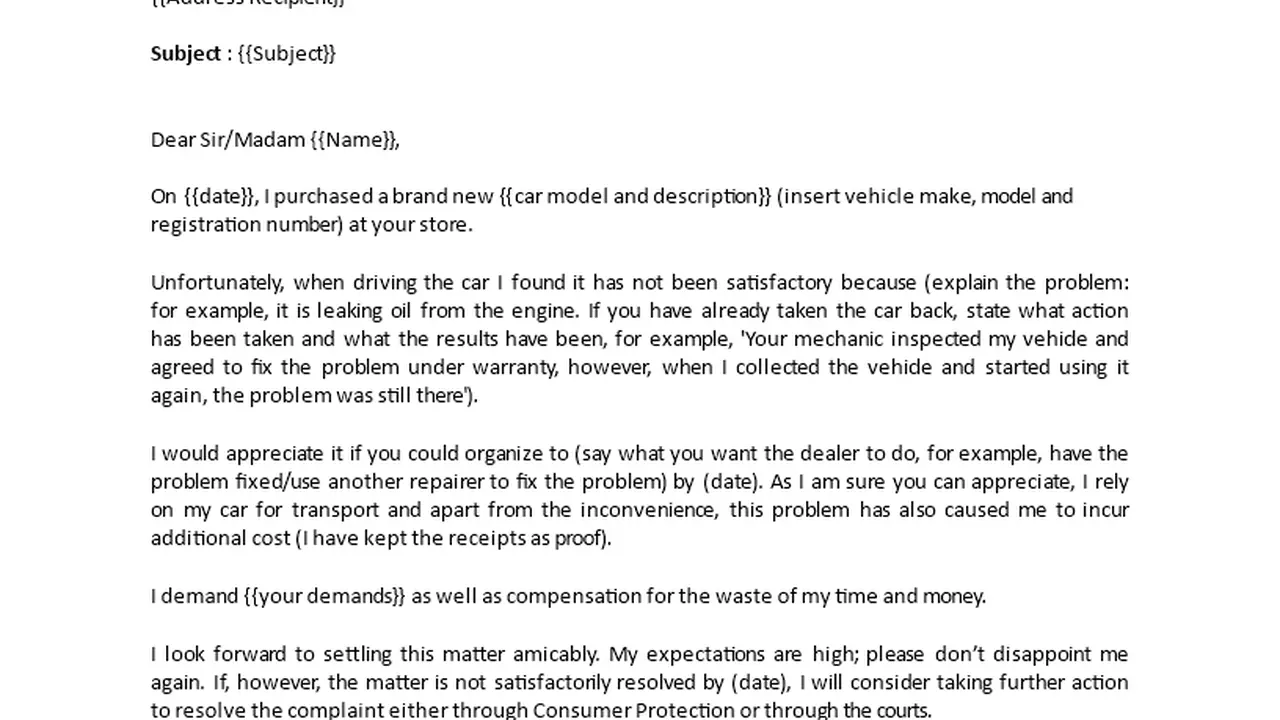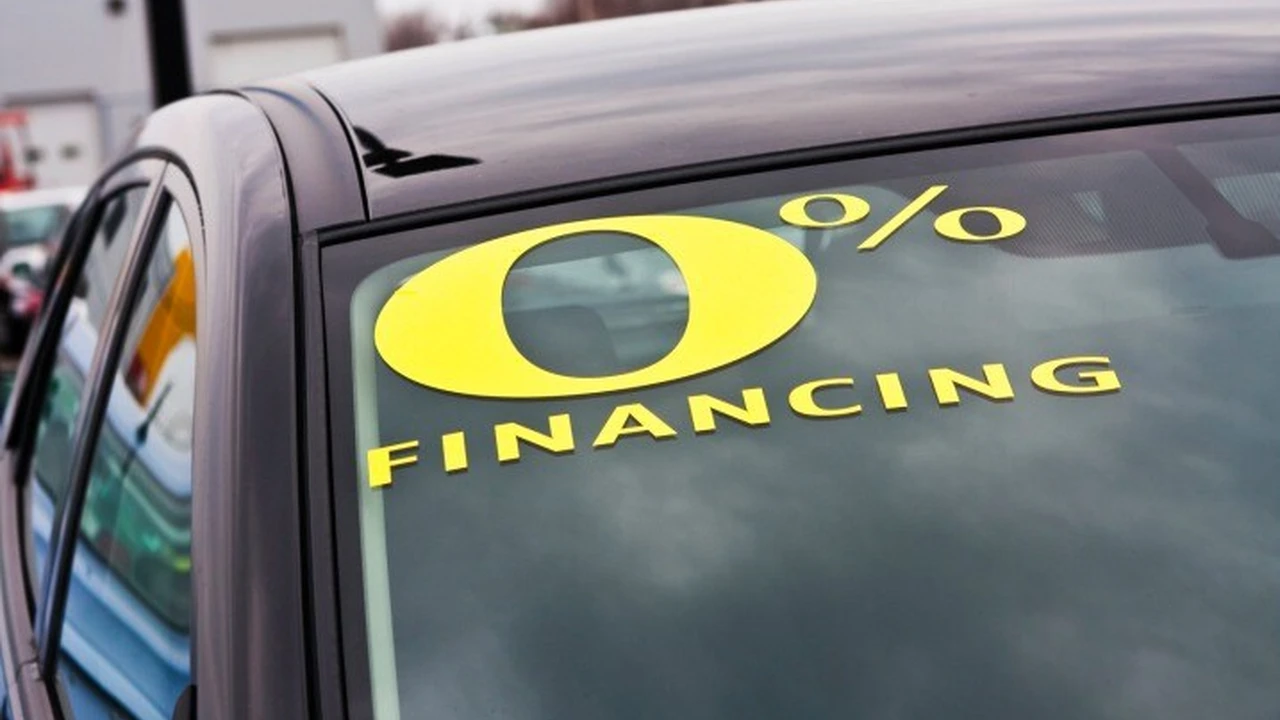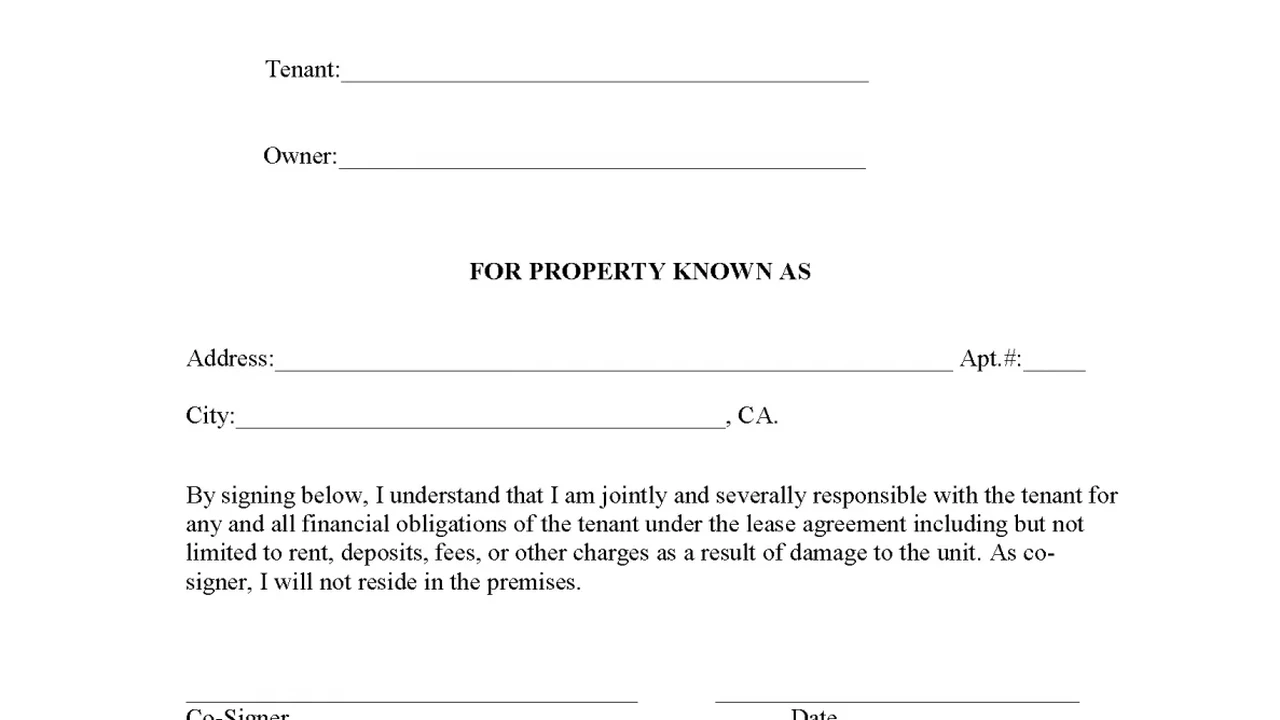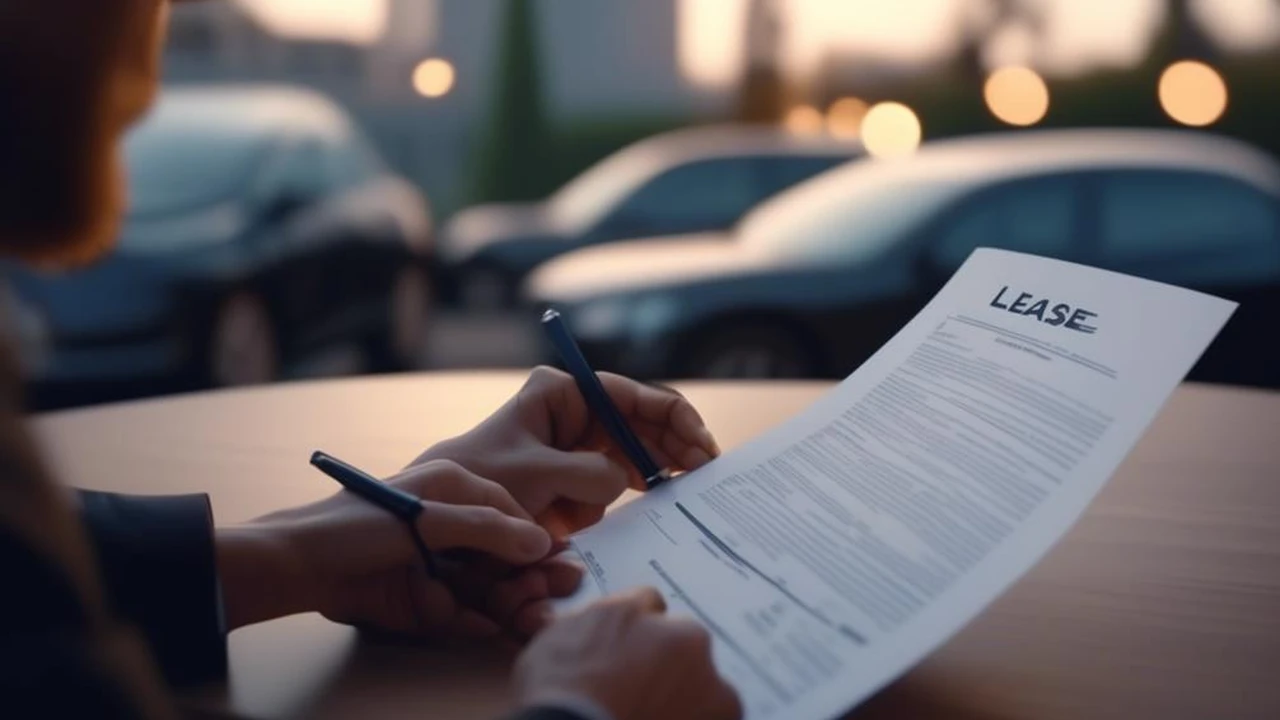Car Lease Assumptions: Taking Over Someone Else's Lease
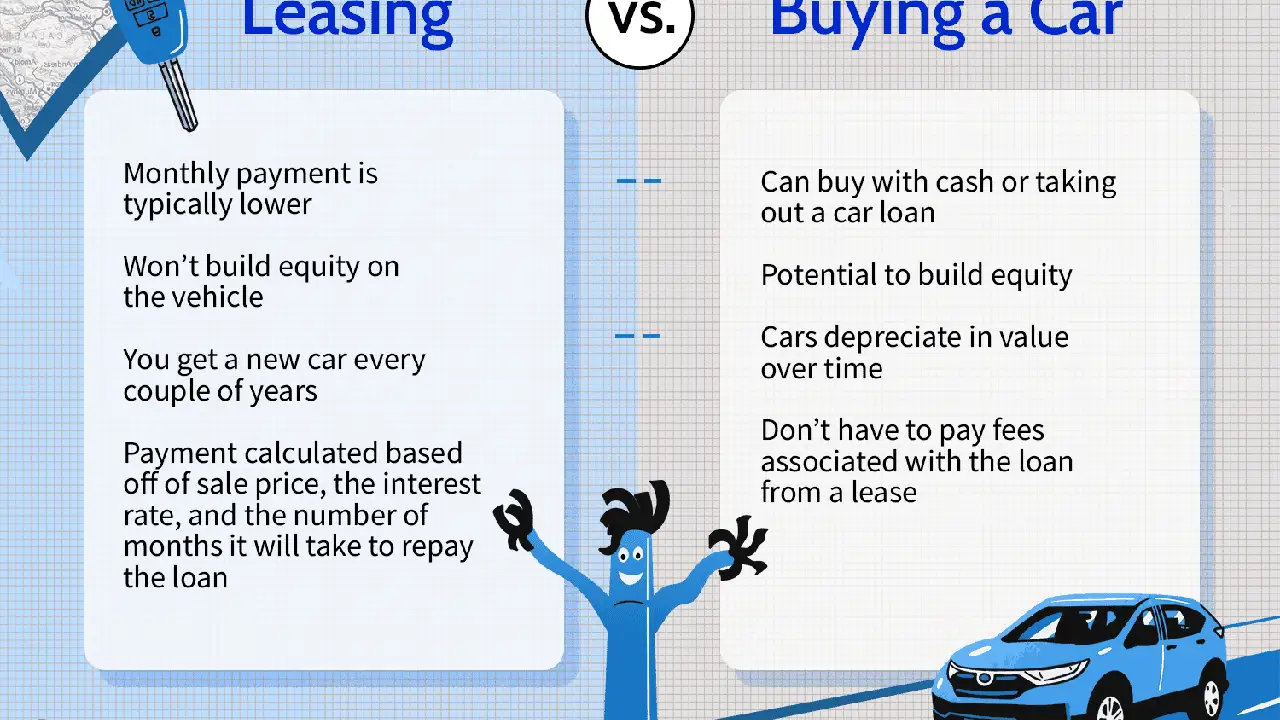
Understanding Car Lease Assumptions and Transfers Key Considerations
So, you're thinking about taking over someone's car lease? It's like adopting a pet, but instead of cuddles, you get monthly payments and the sweet smell of…well, a newish car. Before you jump in, let's break down what car lease assumptions are all about. Essentially, someone wants out of their lease, and you're stepping in to take over the remaining term. Sounds simple, right? Not so fast, speed racer. There's a whole pit crew of things to consider, from credit checks to potential fees. The good news is, if done right, it can be a fantastic way to snag a short-term lease without the hefty down payment of a brand-new agreement. We're talking about transferring car leases and the entire lease transfer process. Think of it as lease swapping. This is all about understanding car lease options and lease takeover options.
Why Consider a Car Lease Takeover Benefits and Drawbacks
Okay, let's weigh the pros and cons. Why would anyone even *want* to take over someone else's lease? Well, for starters, you avoid the initial depreciation hit. The original lessee already ate that cost. You're also likely skipping a significant down payment, which is a huge win. Plus, you get a relatively short lease term – perfect if you're not sure what your long-term needs are. Maybe you're just in town for a year or two, or perhaps you're waiting for that electric pickup truck to finally hit the market (we're all waiting, right?).
But hold your horses! There are downsides. You're inheriting someone else's wear and tear. Those mysterious stains on the back seat? Those are yours now. You're also stuck with the car's mileage limits. Exceed them, and you'll pay a hefty penalty at the end of the lease. And, of course, you're inheriting the monthly payment, which might not be the best deal compared to current leasing rates. This is a critical part of understanding car lease rates and the monthly lease payment you'll be responsible for. And don't forget about lease assumption fees!
Finding a Car Lease to Assume Where to Look and What to Watch Out For
So, you're intrigued? Great! Where do you find these magical lease transfer opportunities? Several online marketplaces specialize in lease assumptions. Think of them as Craigslist for car leases. Some dealerships also facilitate lease transfers, but their options are usually more limited. Popular websites include LeaseTrader, Swapalease, and even sometimes on platforms like Facebook Marketplace. When searching, always verify the legitimacy of the listing. Ask for the VIN to run a vehicle history report (Carfax or AutoCheck). This will reveal any accidents, title issues, or other red flags. Also, thoroughly inspect the car in person before committing. Don't be afraid to bring a mechanic along for a pre-purchase inspection. This is all about due diligence in the lease assumption process and avoiding potential lease scams.
The Credit Check and Approval Process Getting Approved for a Lease Transfer
Just like getting a new lease, you'll need to pass a credit check. The leasing company wants to ensure you're a responsible borrower. A good credit score will increase your chances of approval. However, even with a less-than-perfect credit history, you might still get approved, especially if the original lessee is willing to contribute to a security deposit or offer some other form of guarantee. Be prepared to provide proof of income, employment history, and other financial information. The approval process can take a few days to a week, so be patient. This part covers lease credit requirements and lease approval rates for lease transfers.
Fees and Costs Associated with Lease Assumptions Understanding the Financial Implications
Ah, fees. The bane of every car lease. Lease assumptions come with their own set of fees. There's typically a transfer fee charged by the leasing company. This fee covers the cost of processing the transfer and updating the lease agreement. The original lessee might also try to charge you a fee to compensate for any incentives they received when they initially leased the car. This is negotiable, so don't be afraid to haggle. You'll also be responsible for any applicable taxes and registration fees. Make sure you understand all the costs involved before signing anything. We're talking about understanding lease transfer fees and lease takeover costs.
Mileage Limits and Wear and Tear Inspecting the Vehicle and Negotiating Terms
Remember those mileage limits we talked about earlier? Pay close attention to them. Find out how many miles are remaining on the lease and how many miles you typically drive per year. If you're likely to exceed the limit, you'll face hefty penalties at the end of the lease. Also, carefully inspect the car for any excessive wear and tear. Dings, dents, scratches, and interior damage can all result in charges when you return the car. Negotiate with the original lessee to address any significant damage before you take over the lease. Perhaps they'll agree to fix it or offer a price reduction. This is where you negotiate lease mileage allowance and assess vehicle condition for lease takeover.
Insurance Requirements and Lease Terms Ensuring Adequate Coverage
Just like any car, you'll need to maintain adequate insurance coverage. The leasing company will likely require you to carry comprehensive and collision insurance, as well as liability coverage. Make sure your insurance policy meets the leasing company's requirements. Also, review the lease agreement carefully to understand all the terms and conditions. Pay attention to the termination clause, the maintenance requirements, and any other restrictions. This covers understanding lease insurance requirements and lease agreement review.
Navigating the Paperwork and Legal Aspects Ensuring a Smooth Transaction
Lease assumptions involve a fair amount of paperwork. You'll need to sign a transfer agreement, provide proof of insurance, and complete any other documents required by the leasing company. Make sure you understand everything you're signing. If you're unsure about anything, consult with an attorney. It's always better to be safe than sorry. A smooth transaction is a happy transaction. This is about lease transfer documentation and legal considerations for lease assumption.
Alternatives to Lease Assumptions Exploring Other Options
Before you commit to a lease assumption, consider other options. Could you get a better deal by leasing a new car? What about buying a used car? Explore all your options before making a decision. A lease assumption might be a good fit for some people, but it's not the right choice for everyone. We're looking at lease alternatives and comparing lease options.
Real-World Examples of Lease Assumptions Success Stories and Pitfalls
Let's look at some real-world examples. Sarah took over a lease on a BMW 3 Series and saved thousands of dollars compared to leasing a new one. She was able to negotiate a lower monthly payment and avoid a large down payment. On the other hand, John took over a lease on a Jeep Wrangler and ended up paying hefty penalties for exceeding the mileage limit. He also discovered hidden damage that wasn't disclosed during the inspection. Learn from their experiences and avoid making the same mistakes. These examples show lease assumption pros and cons and lease transfer experiences.
Specific Car Recommendations for Lease Takeover Best Cars for Different Needs and Budgets
Now let's get to the fun part: car recommendations! If you're looking for fuel efficiency, consider a Toyota Prius or Honda Civic. These are often available for lease takeovers and offer excellent gas mileage. If you need more space, a Honda CR-V or Toyota RAV4 might be a good fit. For a touch of luxury, look for a Lexus RX or Acura MDX. And if you want something sporty, a Mazda MX-5 Miata or BMW 3 Series could be fun options. Remember to factor in your budget, your needs, and your personal preferences when making your decision. Always compare the monthly payments, mileage limits, and remaining lease term before committing. Let's break down some specific examples with pricing and usage scenarios:
Toyota Prius (Fuel Efficiency Champion)
Usage Scenario: Daily commuter, city driving, environmentally conscious drivers. Pros: Excellent fuel economy (50+ MPG), reliable, readily available for lease takeovers, comfortable ride. Cons: Not the most exciting car to drive, can be a bit bland. Estimated Monthly Payment (Lease Takeover): $250 - $350 (depending on mileage and remaining term). Original MSRP: $27,000 - $35,000 (depending on trim level). Why it's a good choice: You'll save a ton on gas, and Priuses are known for their reliability, meaning fewer unexpected repair bills.
Honda CR-V (Versatile SUV)
Usage Scenario: Families, road trips, hauling cargo, all-weather driving. Pros: Spacious interior, comfortable ride, good fuel economy for an SUV, reliable. Cons: Can be a bit pricey, not the most stylish SUV. Estimated Monthly Payment (Lease Takeover): $350 - $450 (depending on mileage and remaining term). Original MSRP: $28,000 - $38,000 (depending on trim level). Why it's a good choice: Perfect for families needing space and reliability. Honda's reputation for dependability is a major plus.
BMW 3 Series (Sporty Sedan)
Usage Scenario: Enthusiast drivers, daily commute (if you enjoy driving), impressing clients. Pros: Excellent handling, powerful engine, luxurious interior, prestigious brand. Cons: Can be expensive to maintain, fuel economy not the best, can be tight on space. Estimated Monthly Payment (Lease Takeover): $400 - $600 (depending on mileage and remaining term). Original MSRP: $45,000 - $55,000 (depending on trim level). Why it's a good choice: If you're a car enthusiast, a 3 Series lease takeover can give you a taste of luxury performance without the huge upfront cost.
Mazda MX-5 Miata (Fun and Affordable Roadster)
Usage Scenario: Weekend drives, sunny days, small errands, enjoying the open road. Pros: Incredibly fun to drive, affordable, stylish, great gas mileage for a sports car. Cons: Very small interior, limited storage space, not practical for families. Estimated Monthly Payment (Lease Takeover): $300 - $400 (depending on mileage and remaining term). Original MSRP: $28,000 - $35,000 (depending on trim level). Why it's a good choice: A Miata lease takeover is perfect if you want a fun, affordable sports car experience without the long-term commitment.
Lexus RX (Luxury and Comfort)
Usage Scenario: Comfortable commuting, long road trips, luxury experience, reliable transportation. Pros: Smooth ride, quiet cabin, luxurious interior, excellent reliability, lots of features. Cons: Can be a bit boring to drive, not the most fuel-efficient, infotainment system can be clunky. Estimated Monthly Payment (Lease Takeover): $450 - $650 (depending on mileage and remaining term). Original MSRP: $48,000 - $58,000 (depending on trim level). Why it's a good choice: If you prioritize comfort, luxury, and reliability, a Lexus RX lease takeover is a solid choice.
Comparing Different Lease Takeover Options Key Factors to Consider
When comparing different lease takeover options, consider the following factors: monthly payment, remaining lease term, mileage limits, wear and tear, fees, and the condition of the car. Also, factor in your personal needs and preferences. What's important to you? Fuel efficiency? Space? Luxury? Handling? Choose the lease takeover that best meets your needs and budget. Run the numbers. Consider the total cost of ownership, including insurance, maintenance, and potential repairs. Don't just focus on the monthly payment. A lower monthly payment might not be a good deal if the car is in poor condition or the mileage limits are too restrictive.
Finding the Right Fit For You
Ultimately, taking over a car lease can be a smart move. Just be sure to do your homework, inspect the vehicle, and understand all the terms and conditions. Happy driving!
:max_bytes(150000):strip_icc()/277019-baked-pork-chops-with-cream-of-mushroom-soup-DDMFS-beauty-4x3-BG-7505-5762b731cf30447d9cbbbbbf387beafa.jpg)



